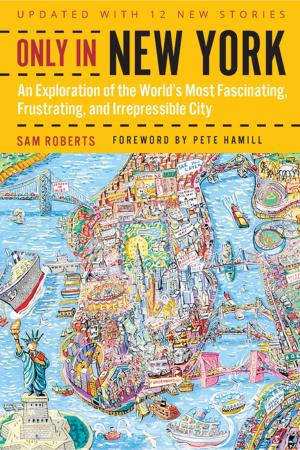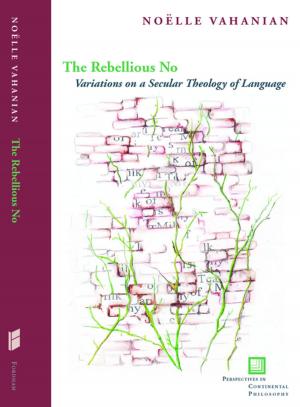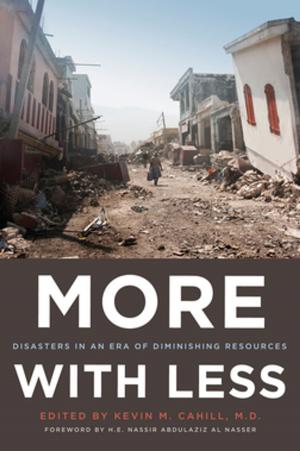Pre-Occupied Spaces
Remapping Italy's Transnational Migrations and Colonial Legacies
Fiction & Literature, Literary Theory & Criticism, European, Italian, Nonfiction, History, Italy, Social & Cultural Studies, Social Science, Cultural Studies, Emigration & Immigration| Author: | Teresa Fiore | ISBN: | 9780823274345 |
| Publisher: | Fordham University Press | Publication: | May 23, 2017 |
| Imprint: | Fordham University Press | Language: | English |
| Author: | Teresa Fiore |
| ISBN: | 9780823274345 |
| Publisher: | Fordham University Press |
| Publication: | May 23, 2017 |
| Imprint: | Fordham University Press |
| Language: | English |
Runner Up Winner of the Edinburgh Gadda Prize - Established Scholars, Cultural Studies Category
Winner of the American Association for Italian Studies Book Prize (20th & 21st Centuries)
Honorable Mention for the Howard R. Marraro Prize
By linking Italy’s long history of emigration to all continents in the world, contemporary transnational migrations directed toward it, as well as the country’s colonial legacies, Fiore’s book poses Italy as a unique laboratory to rethink national belonging at large in our era of massive demographic mobility. Through an interdisciplinary cultural approach, the book finds traces of globalization in a past that may hold interesting lessons about inclusiveness for the present.
Fiore rethinks Italy’s formation and development on a transnational map through cultural analysis of travel, living, and work spaces as depicted in literary, filmic, and musical texts. By demonstrating how immigration in Italy today is preoccupied by its past emigration and colonialism, the book stresses commonalities and dispels preoccupations.
Runner Up Winner of the Edinburgh Gadda Prize - Established Scholars, Cultural Studies Category
Winner of the American Association for Italian Studies Book Prize (20th & 21st Centuries)
Honorable Mention for the Howard R. Marraro Prize
By linking Italy’s long history of emigration to all continents in the world, contemporary transnational migrations directed toward it, as well as the country’s colonial legacies, Fiore’s book poses Italy as a unique laboratory to rethink national belonging at large in our era of massive demographic mobility. Through an interdisciplinary cultural approach, the book finds traces of globalization in a past that may hold interesting lessons about inclusiveness for the present.
Fiore rethinks Italy’s formation and development on a transnational map through cultural analysis of travel, living, and work spaces as depicted in literary, filmic, and musical texts. By demonstrating how immigration in Italy today is preoccupied by its past emigration and colonialism, the book stresses commonalities and dispels preoccupations.















